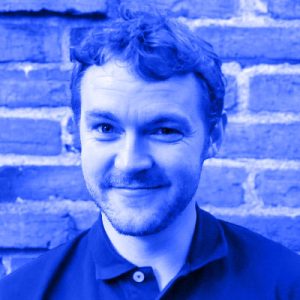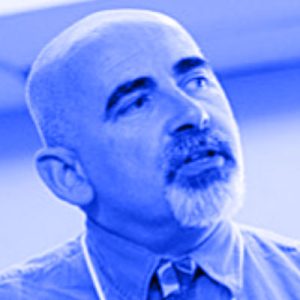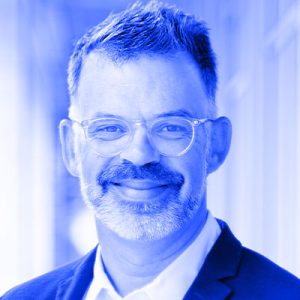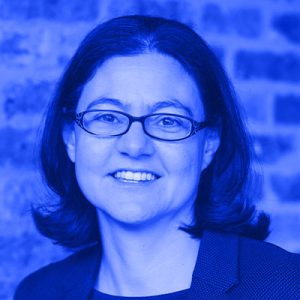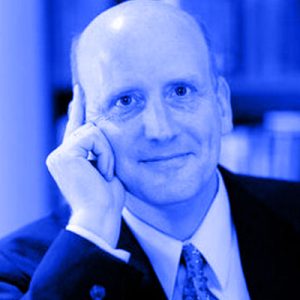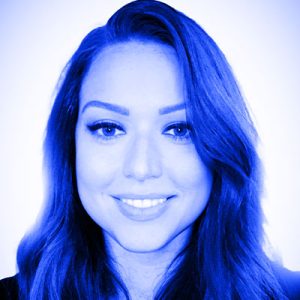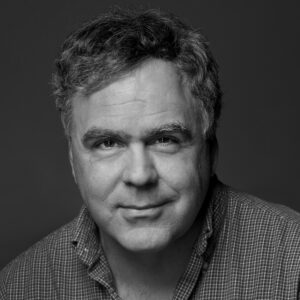‘Cognitive Science,’ All the Rage in British Schools, Fails to Register in U.S.
Educators blame this ‘reverse Beatles effect’ on America’s decentralized system and grad schools that are often hostile to research.
By Greg Toppo | July 24, 2025When Zach Groshell zoomed in as a guest on a longstanding British education podcast last March, a co-host began the interview by telling listeners he was “very well-known over in the U.S.”
Groshell, a former Seattle-area fourth-grade teacher, had to laugh: “Nobody knows me here in the U.S.,” he said in an interview.
But in Britain, lots of teachers know his name. An in-demand speaker at education conferences, he flies to London “as frequently as I can” to discuss Just Tell Them, his 2024 book on explicit instruction. Over the past year, Groshell has appeared virtually about once a month and has made two personal appearances at events across England.
The reason? A discipline known as cognitive science. Born in the U.S., it relies on decades of research on how kids learn to guide teachers in the classroom, and is at the root of several effective reforms, including the Science of Reading.
In nearly a dozen interviews, educators and policymakers on both sides of the Atlantic said that while it’s caught fire in England, from the classroom to the halls of government, the idea has made little traction in its home country. Benjamin Riley, founder of Deans for Impact, a Texas-based group that has pushed to make cognitive science more central to U.S. teacher training programs, jokingly refers to it as a “reverse Beatles” effect, with British educators pining for American insights.
It’s impossible now to find a teacher who doesn't know about retrieval practice, cognitive load theory or explicit instruction.
Zach Groshell, author
“Cognitive science gives you a vocabulary and a language, a common framing, to talk about how minds work,” said Riley. “That is one of the hallmarks, typically, of professions: There’s an agreed-upon body of knowledge that constitutes the things that professionals need to know in order to be practitioners in that space. And education, at least in the United States, has never really done that.”
The result, observers say, is slow, steady academic progress for 9 million English students, even as U.S. results falter.
From 2011 to 2021, English students’ average scores in the PIRLS International Benchmarks of Reading Achievement, a key global comparison, rose six points, placing them fourth worldwide, while U.S. students’ dropped eight points, ranking the U.S. just below England. Essentially, American fourth-graders in 2021 read nearly as well as English students did a decade earlier.
In the bargain, English schools cut students’ gender gap in reading by more than half.
Other commonwealth countries have taken notice, with policymakers in Northern Ireland, Australia and New Zealand working to duplicate England’s progress.
Is U.S. system ‘too big for things to catch fire’?
Developed in the 1950s, cognitive science essentially explains how we learn, think, remember and process information. Applied to education, it allows teachers to maximize learning by incorporating key principles, among them:
- working memory and cognitive load: Students have limited capacity to remember several important things at a time, so teachers should break down complex information into smaller chunks to avoid overwhelming them. For instance, a teacher introducing a lesson on multiplying fractions should first ensure that students’ recall of multiplication facts is solid and that they can multiply numbers automatically in their heads.
- spaced practice and retrieval: Rather than cramming a lot of information into a single session, teachers should space out learning over time and regularly ask students to retrieve information from memory via review sessions and low-stakes quizzes.
- prior knowledge activation: Teachers should explicitly connect new concepts to students’ existing knowledge and experiences before introducing unfamiliar material. For instance, in a lesson about how seeds grow into plants, teachers should begin by asking students if they’ve ever planted seeds in a garden and what they noticed.
- metacognition: Teaching students to “think about their thinking” helps them become more effective learners. For instance, in a lesson that features a word problem, a teacher might say, “Let’s slow down and figure out what to do first, second and third.” When students make errors, a teacher can ask, “Walk me through your thinking. What steps did you take?”
In England these days, said Groshell, the Seattle teacher, such jargon is now mainstream: “It’s impossible now to find a teacher who doesn’t know about retrieval practice, cognitive load theory or explicit instruction.”
What began as a grassroots movement among teachers coalesced into national policy around 2010, when a series of structural reforms made it easier to embrace cognitive science.
That is when Michael Gove, education secretary under Prime Minister David Cameron, allowed virtually any public school to convert to “academy” status — British educator Dylan Wiliam calls them “charter schools on steroids.”
Freed from local authority, but funded centrally, these schools can pool resources to hire research advisors, directors of teaching and learning and the like. “These people have really engaged with the research,” Wiliam said.
In an interview, former Minister of State for Schools Nick Gibb noted the irony that most of these ideas are American-made, developed by U.S. researchers. In 2006, Gibb recalled first encountering The Schools We Need: And Why We Don’t Have Them. Authored by E.D. Hirsch, a University of Virginia scholar, it argued for a content-rich curriculum, traditional math and phonics-based reading lessons.
“It just explained everything I was instinctively feeling about our school system,” said Gibb, who recalled that English schools at the time were steeped in more progressive methods. He made everyone he met read the book — including Gove, the education secretary.
“That really formed the basis of our reform programming from 2010 onwards,” said Gibb. It gave rise to universal phonics screening and adoption of the more traditional, step-by-step Singapore approach to math.
The movement really bloomed in 2013, when Scottish educator Tom Bennett created the first in a series of affordable research conferences for teachers. Dubbed researchED, the conferences, which continue 12 years later, have built an international appetite for scientifically proven classroom practices.
In 2019, the government introduced an Early Career Framework for teachers, which standardized training on “very practice-focused” principles, said Wiliam, the British educator. Since then, every school that recruits a teacher out of a university training program must report how well they succeed in classrooms. If programs don’t get positive reports about trainees, they can lose accreditation.
“There’s a really strong alignment between the needs of the system and what is being provided in initial teacher preparation programs, in a way that doesn’t actually happen in the U.S. at scale,” he said
There's a really strong alignment between the needs of the system and what is being provided in initial teacher preparation programs, in a way that doesn't actually happen in the U.S. at scale.
Dylan Wiliam, British educator
It’s a source of frustration for Wiliam, who now works as an independent consultant in northern Florida. Despite the movement’s success in England, he said, just 10% of his work is based in U.S. schools. “I find it quite difficult to get any American school districts to engage me,” he said. But he’s got three scheduled trips to Australia this year, among others.
Riley, the Deans for Impact founder, noted that American public schools are governed by 50 different state agencies that rarely row in the same direction. The U.S. may just be “too big for things to catch fire” the way they can elsewhere, especially in centralized systems like the United Kingdom.
Beyond state control, he said, most U.S. teachers’ colleges “are not designed with learning science principles at their core — quite frankly there’s just a lot of stuff in schools of education that is not very good from a research standpoint, but that nonetheless has become ingrained. It’s a generational battle to try to change that.”
I am beloved over in England, and increasingly in Australia, in a way that just is simply not true here in the United States.
Benjamin Riley, founder, Deans for Impact
Like Groshell, Riley laughed at the contrast with the U.K. “I am beloved over in England, and increasingly [in] Australia, in a way that just is simply not true here in the United States,” he said.
Sarah Oberle, a Delaware first-grade teacher who is active in research and training, said U.S. teacher prep doesn’t typically focus on cognitive science because many think it favors a kind of “authoritative and cold” approach. “But when you really understand science, you realize just this knowledge gives me the power to make changes within my practice that will actually protect and support my students.”
Oberle stumbled upon cognitive science about five years ago, when the Science of Reading movement started building momentum in the U.S., and wondered why she never learned about it during her training. She went back to school and earned a doctorate in education science.
“Our business is learning,” she said. “How do we facilitate learning when we don’t understand how learning happens?”
‘Comrades in arms’
While much of England’s progress is traceable to shifts in national policies, several British teachers described moments early in their careers when, like Oberle, they got a taste of cognitive science and began questioning their training.
Daisy Christodoulou, a former London high school English teacher, began her career in 2007 as a member of Teach First, the international iteration of Teach For America. She had an inkling that much of her training wasn’t just unhelpful but wrong, with discredited ideas held up as best practices with little evidence they worked. “I was just looking at [them], going, ‘Really? Is this really best practice?’”
I was just looking at (them), going, ‘Really? Is this really best practice?’
Daisy Christodoulou, former London high school teacher
In 2010, she came across Daniel Willingham’s book Why Don’t Students Like School? Subtitled, “A Cognitive Scientist Answers Questions About How the Mind Works and What It Means for the Classroom,” it revolutionized how Christodoulou thought about her work. Over the past 15 years, Willingham’s book has been “enormously influential here,” she said, turning the genial scholar into another American celebrity.
In an interview, Willingham agreed that many U.S. teaching candidates are exposed to views about how children learn that aren’t all accurate. For instance, he said, “This phrase that you hear so often, ‘Every child learns differently,’ is, in one sense, true. But it’s kind of true in a trivial sense, and in a more important sense, it’s really not true.”
This phrase that you hear so often, 'Every child learns differently,' is, in one sense, true. But it's kind of true in a trivial sense, and in a more important sense, it's really not true.
Daniel Willingham, author
Peps Mccrea, a former teacher in Brighton, on the southern British coast said blogs written by colleagues have become another way for educators to share research, finding “comrades in arms” in a movement that continues to grow. More than 20 years after he first entered a classroom, Mccrea hosts a four-part video series that unpacks research-based teaching methods.
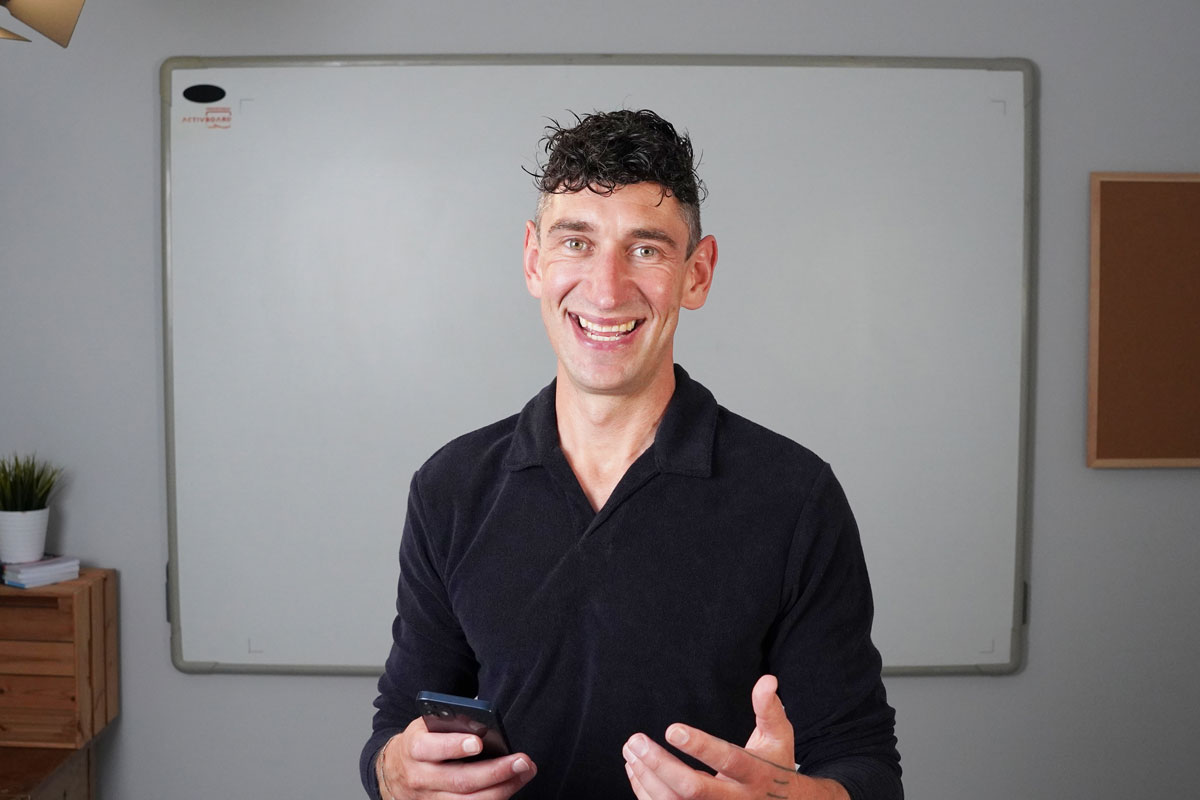
And Gibb has taken to touting England’s advances more widely. Last month, he met in Washington, D.C., with U.S. Education Secretary Linda McMahon, raising hopes that the British reforms might find an audience here. A spokesperson for McMahon did not reply to a request for comment.
Actually, said Oberle, the Delaware teacher, the Trump administration is moving in the opposite direction from U.K.-style national policies, pushing to abolish the U.S. Education Department and creating the potential for “even more individuality between states.”
Once they have it clearly and don't have misconceptions about it, the benefits they will see in their own practice very quickly will make them want more — will make them demand more.
Sarah Oberle, Delaware first grade teacher
If we’re ever to see cognitive science advance here, Oberle said, it’ll take both a top-down and bottom-up approach: word-of-mouth influence among teachers, via events like researchED, as well as federal and state pressure on training programs to bring the research to teachers.
“Once they have it clearly and don’t have misconceptions about it, the benefits they will see in their own practice very quickly will make them want more — will make them demand more. It’s just gaining that entry point.”
But she added, “It’s such a long process. There are so many minds to change.”
Get stories like these delivered straight to your inbox. Sign up for The 74 Newsletter

